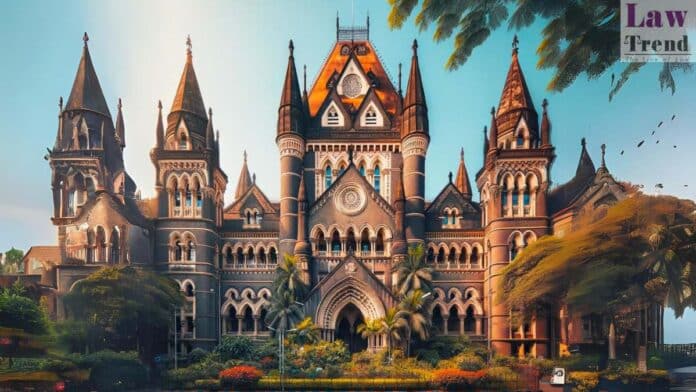In a significant ruling, the Bombay High Court, comprising Justices Ajey Gadkari and Shyam Chandak, denied bail to three suspected members of the banned organization Popular Front of India (PFI). The accused, Razi Ahmed Khan, Unais Umar Khaiyyam Patel, and Kayyum Abdul Shaikh, allegedly conspired against the Government of India with the goal of transforming the nation into an Islamic state by the year 2047.
The court’s decision was based on what it described as “overwhelming evidence” of a conspiracy to overawe the government using criminal force, noting the accused had not only propagated but actively planned to implement the so-called “Vision-2047” document. This document allegedly outlines a methodical approach to shift India’s democratic framework towards an Islamic governance model by the centenary of its independence.
The justices emphasized that the activities undertaken by the appellants were “detrimental to the interest and integrity of the nation.” They pointed out that the accused had engaged in spreading hatred against the state and had pushed an anti-national agenda through various propaganda means, including sharing the contentious ‘Vision – 2047’ document on social media platforms.
“The First Information Report is self-eloquent. They conspired to transform India into an Islamic country by 2047. They are not only propagators but actively intending to implement the Vision-2047 document of their organization,” the bench stated in their ruling.
The prosecution argued that the accused aimed to foster hatred towards other religions and the Government of India, and to create division among Indians. It is alleged that they held various meetings to sow seeds of enmity within the Muslim community and to instigate them to wage a war against the Government of India.
Furthermore, the Maharashtra Anti-Terrorism Squad (ATS) filed charges against the suspects under several sections of the Indian Penal Code for criminal conspiracy and promoting enmity between different groups, along with provisions under the stringent Unlawful Activities (Prevention) Act.
Also Read
In detailing the prosecution’s case, it was revealed that in June 2022, the accused and several others attended a clandestine PFI meeting where they highlighted purported atrocities against the Muslim community in India, including incidents of mob lynching, emphasizing the need for unity to “wage a war against the country by adopting any mode.”
The court, while rejecting their bail applications, maintained that there was prima facie evidence of a deep-rooted and serious conspiracy against the state, marking a significant development in India’s ongoing battle against organized efforts to undermine its secular constitution and promote sectarian divisions.




